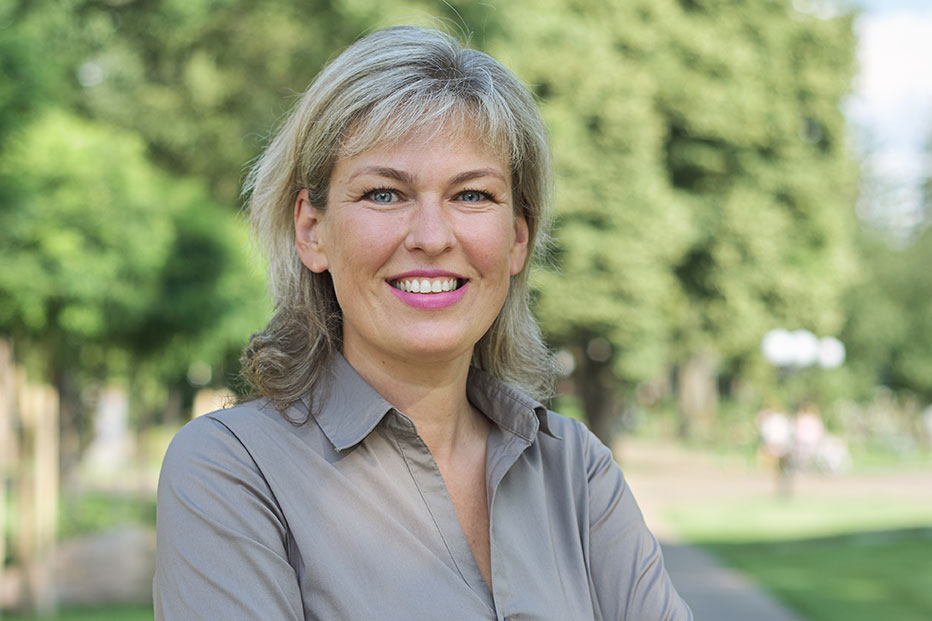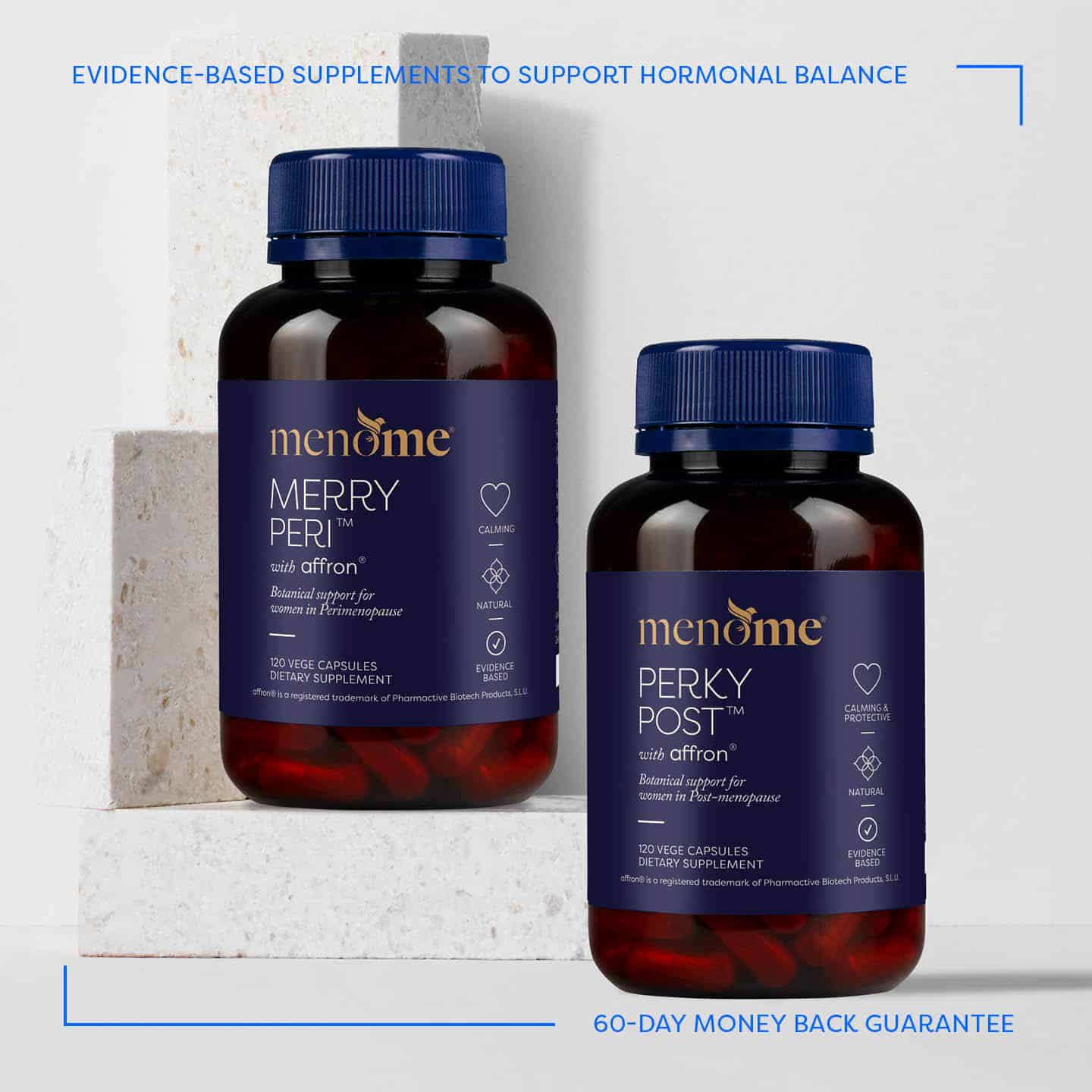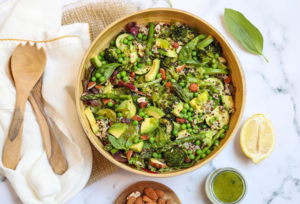
Welcome to ‘real stories’ where Juliet is sharing her personal story of menopause.
Australian-based Juliet is 51 and we’ve been supporting her for about 18 months or so.
She’s delighted to share her story with you but not her photograph. We understand that it can be difficult putting yourself out there for some people which is why we’re always happy to use a pseudonym.
Juliet’s Personal Story Of Menopause

Juliet is the first to say perimenopause / menopause has been a long journey for her. As a result, she’s experienced severe hormonal migraines, lower back pain, anxiety, trembling hands and digestive issues.
All of these signs affected her ability to go to work and enjoy her everyday life.
After blood tests, Juliet discovered she had low iron. But she knew there was more to the story and suspected it was hormonal.
So she started using 40+ along with the magnesium citrate, vitamin B2, evening primrose oil and B complex she was already taking. Soon after, she checked in to let us know her migraines and hot flushes had eased after beginning 40+.
Here’s Juliet’s Q&A
We hope you find a nugget or tip in Juliet’s personal story for your own journey of menopause.
Juliet, when did you first realise perimenopause had begun?
Two years ago.
Did you feel you were too young for menopause?
Yes.
Were you shocked/surprised?
Surprised.
What have been a few of your major challenges during your personal story of menopause?
- Mild flushes
- Anxiety
- Depression
- Bloating
- Digestion
- Unable to sleep well
How did you overcome these, if you have?
I did overcome them. Eventually. It was a long process and, for me, required a change of diet, exercise, MenoMe®, natural progesterone, DIM+ and some other supplements.
Because of MenoMe® I could withdraw from taking natural progesterone, DIM+ and B2. MenoMe®, together with hemp seed oil and curcumin, in conjunction with exercise and dietary changes is what worked for me.
What have you struggled with during menopause?
I‘ve suffered from premenstrual dysphoric disorder (PMDD) since my mid-thirties and it seemed to get worse after the birth of my son. It was so disabling to my life and wellbeing. This is when I started on the journey from perimenopause to menopause.
Has there been a turning point for you at any stage?
Yes, when I found MenoMe® (see above). Most of the symptoms have now gone but it’s been a journey of heartache, depression and feeling unwell.
Do you understand the menopausal journey?
I do now. Supplements take time to restore your system and wellbeing. It doesn’t happen overnight nor on its own – other things need to change including lifestyle (diet, exercise).
Has MenoMe® contributed to your story of menopause?
Yes, absolutely with the combination of whole wellbeing – added supplements, good diet and exercise.
Is there anything else you would like to add?
When I started MenoMe® I was taking it in conjunction with natural progesterone, DIM+, EPO/Fish oil, B complex and magnesium.
Jenna Moore has been an amazing support. Her expertise as an “Accredited Integrative Health Coach” has been beneficial in providing me with guidance.
I now take MenoMe® (I’m 51), curcumin, Kiwi Hemp Seed oil capsules (recommended by Jenna), Women’s Probiotic and Magnesium Night Sleep (if needed).
I’ve moved to a gluten-free diet and a regular exercise routine (sometimes that can get interrupted with family life/kids).
I no longer have hot flushes and I have minimal digestive issues, reduced anxiety and better sleep.
The PMDD has gone. That went when my periods stopped. But when I went into perimenopause in my mid-40s I didn’t realise what was to come when menopause hit. It was just awful – probably just as bad as PMDD. It affected my marriage, family and everyday activities. But not anymore!!
Juliet’s future journey with menopause
I will continue with MenoMe® in combination with all the other items above. For how long I don’t know but for now, I’m so grateful to feel ME again, for MenoMe® and amazing women (like I’ve found here) who truly understand the devastating effects menopause can have on women’s mental and physical wellbeing.
The transition into menopause has been a very difficult time for my physical and mental health. Much more than I anticipated. It affects you in so many ways. There needs to be an increase of awareness about the effects of menopause on women holistically just like MenoMe® is doing!!
I hope my story resonates with you. I feel it’s important women give their bodies time to absorb MenoMe® and not give up on taking it because you will see results!
Thanks for sharing your personal story of menopause Juliet.
If we can be of help to you on your journey please don’t hesitate to get in touch.
To share your real story of menopause please get in touch with us here.










